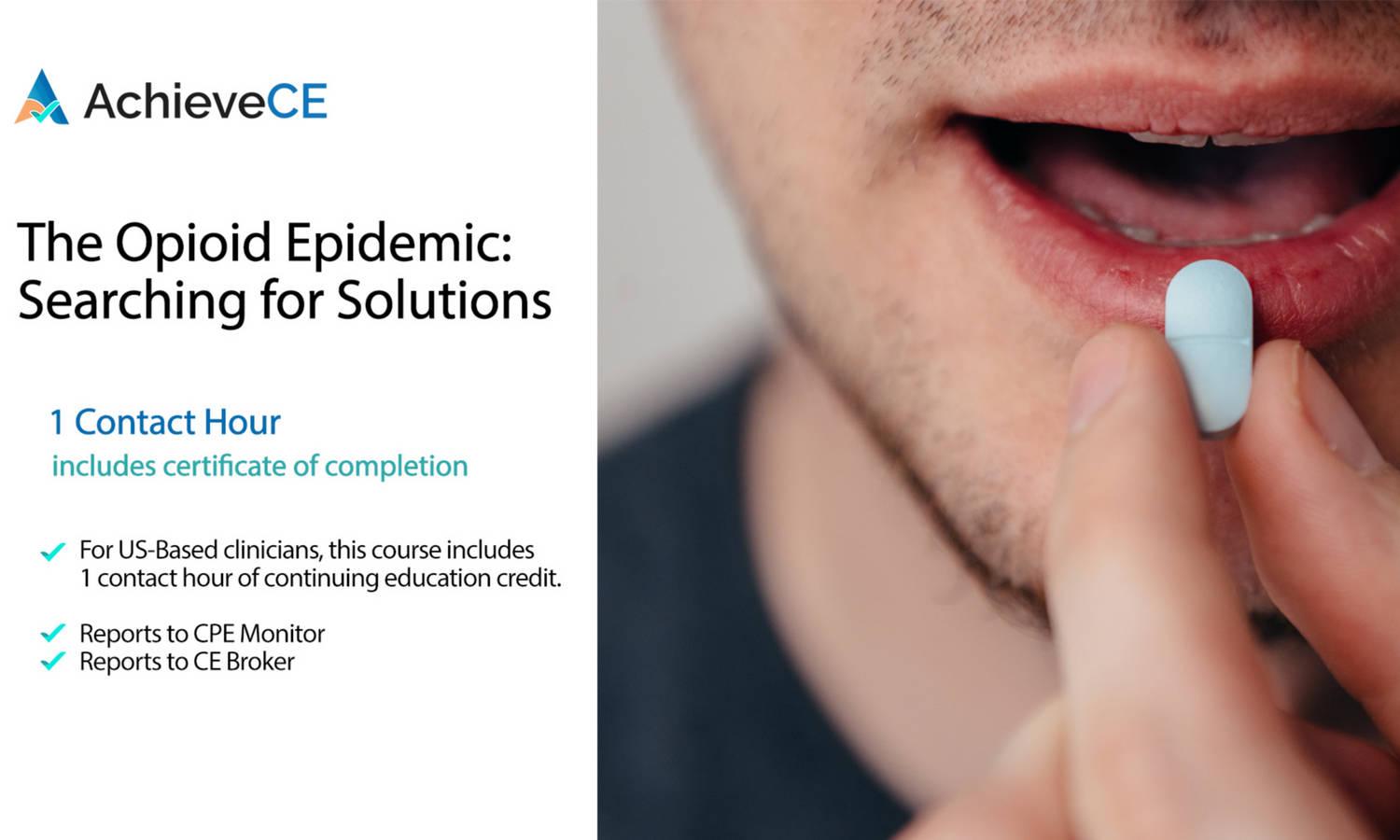
Alcohol and Intimate Partner Violence
 hosted byCe-Classes.com
hosted byCe-Classes.comAlcohol and Intimate Partner Violence is organized by Ce-Classes.com.
Ce-Classes.com maintains responsibility for this course. ASWB Approval Period: 1/5/2020-1/5/2026
Course Description:
This course is based upon course material developed and deployed by the National Institute on Alcohol Abuse and Alcoholism (NIAAA) which is part of the National Institutes of Health (NIH). The course material was specifically developed for the training of clinicians who work with clients who may use or abuse alcohol. The course material can be found on the NIAAAs website at the following link:
http://pubs.niaaa.nih.gov/publications/Social/Module8IntimatePartnerViolence/Module8.html
Over the past three decades, much has been learned about the epidemiology of family violence, the associated risk factors, and the outcomes or effects on victims, witnesses, and family systems. The umbrella term family violence includes abuse and violence against children, adolescents, adults, and elders that occur within the context of family and other intimate relationships (Carden, 1994). Family violence interfaces with the understanding, study, and treatment of the more general class of aggression and interpersonal violence.
Intimate partner violence (IPV) refers to family violence (and/or the threat of violence) that occurs within the context of a relationship between intimate partners. IPV includes physical acts of aggression, as well as sexual, psychological, and emotional abuse. This term has begun to replace earlier terms such as domestic violence, spouse abuse, dating violence, date rape, battering, and marital violence. IPV is more inclusive across types of intimate relationships (e.g., married, cohabiting, dating, and ex-partners; heterosexual and same-sex partners), and includes a wide range of abusive behaviors and patterns (Begun, 2003). This course discusses the very clear yet complex associations between alcohol and intimate partner violence.
Course Objectives:
This course will provide the practitioner with detailed information regarding alcohol and intimate partner violence. Specifically, a professional will:
• Describe different explanatory theories and models addressing the association between intimate partner violence and alcohol use
• Identify the signs, symptoms, and means of assessing individuals who might be affected by, or engaging in, alcohol-related intimate partner violence
• Recognize resources, interventions, and resource development issues related to alcohol and intimate partner violence.







